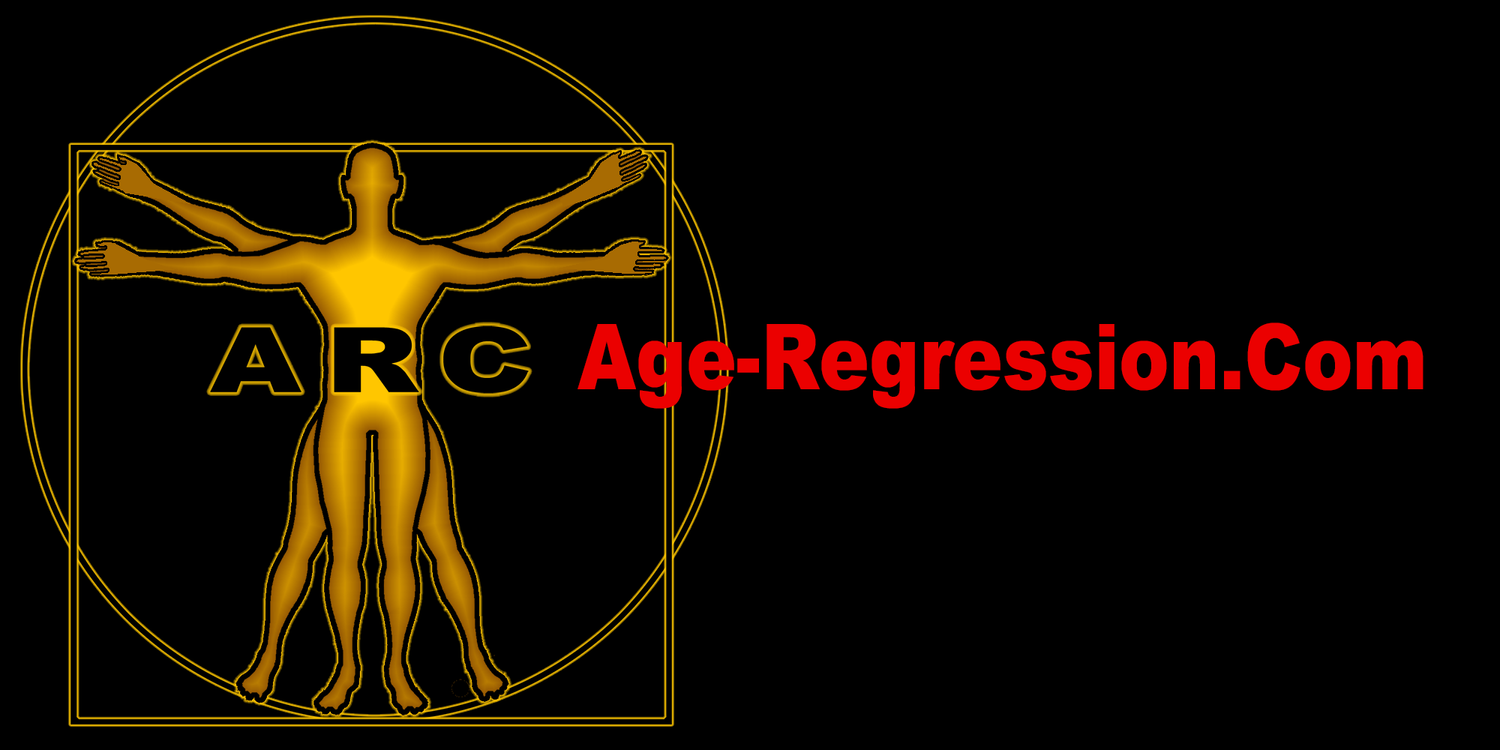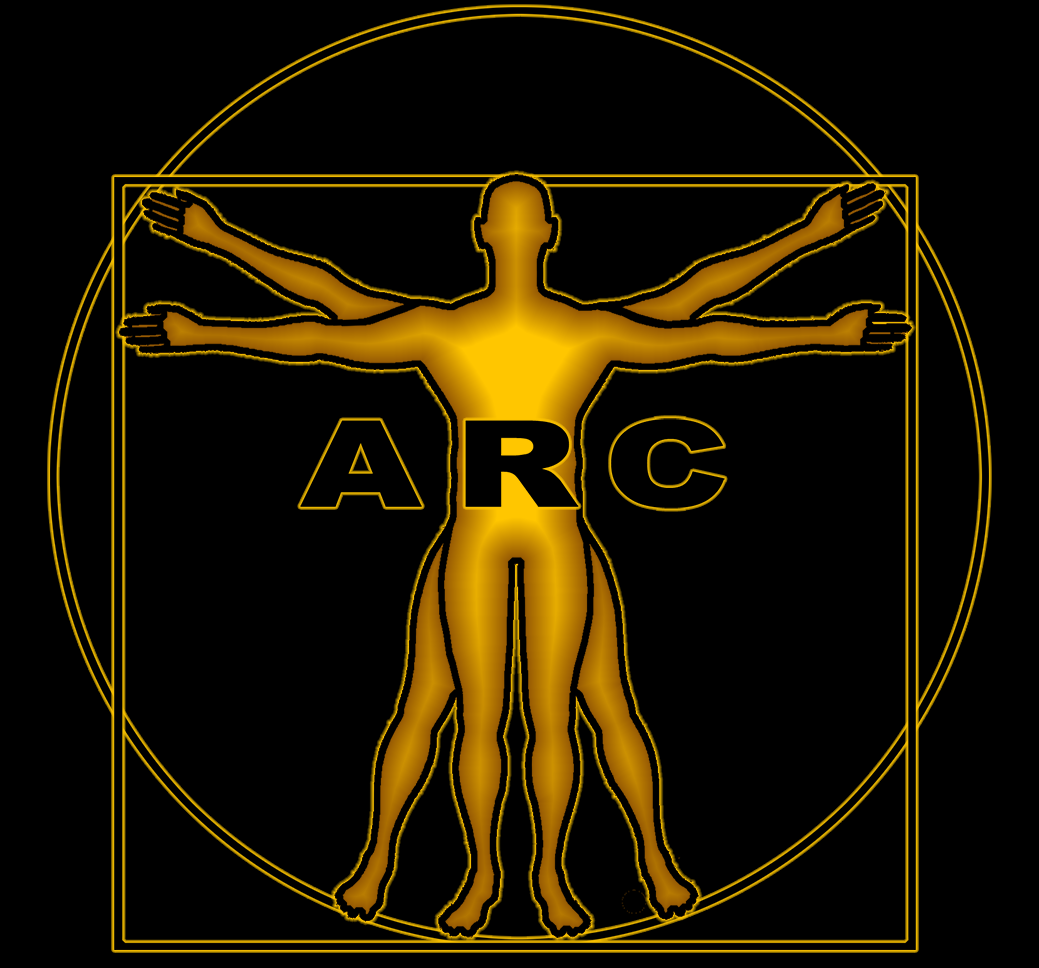
TELOMERE & TELOMERASE

(WikiLink Telomerase) - (5/21/2022)

⫸ Telomere length is a marker of cellular aging that shortens with age and is associated with aging-related diseases, including cancer, cardiovascular disease, arthritis, stroke, cataracts, type 2 diabetes, hypertension, osteoporosis, dementia, and chronic obstructive pulmonary dis- ease. Environmental factors, including diet and lifestyle, can affect the rate of telomere decreasing, but telomerase can reverse it. Telomerase is active in highly proliferative cells, such as cancer cells, male germ cells, activated lym- phocytes and stem cells. Telomerase activation is con- sidered to be an anti-aging regulator and may be used to treat aging-related diseases [288]. There are many studies linking dietary supplements to telomere length, telomer- ase activity, and oxidative stress, and it was recognized that natural products with several antioxidants are more effective than taking one antioxidant, implying a syner- gistic effect between these compounds [289, 290].
Telomere maintenance is an important part of cellular repair. Telomere loss is a marker of aging, because com- prehensive work has found that telomeres shorten with each cell division [291]. Cancer cells solve this problem through the overexpression of telomerase to lengthen the ends of chromosomes. Although telomere shorten- ing is associated with aging, the main concerns are the therapeutic value of overexpressing enzymes that prevent telomere depletion because of the potential to cause cancer. However, it has recently been shown that activation of telomerase delays aging and, importantly, in mutant mice, this is achieved without increasing the incidence of cancer [292]. Taken together, these examples evidently demonstrate that preventing DNA damage and maintain- ing genomic integrity are particularly important in aging. Furthermore, the delicate balance between maintain- ing the stem cell pool and suppressing tumors should be carefully considered [293]. ⫷[1]



🔷 ? 🔷

6.11 Telomerase activators
⫸ Telomere length is a marker of cellular aging that short- ens with age and is associated with aging-related dis- eases, including cancer, cardiovascular disease, arthritis, stroke, cataracts, type 2 diabetes, hypertension, osteopo- rosis, dementia, and chronic obstructive pulmonary dis- ease. Environmental factors, including diet and lifestyle, can affect the rate of telomere decreasing, but telomerase can reverse it. Telomerase is active in highly proliferative cells, such as cancer cells, male germ cells, activated lym- phocytes and stem cells. Telomerase activation is con- sidered to be an anti-aging regulator and may be used to treat aging-related diseases [288]. There are many studies linking dietary supplements to telomere length, telomer- ase activity, and oxidative stress, and it was recognized that natural products with several antioxidants are more effective than taking one antioxidant, implying a syner- gistic effect between these compounds [289, 290].
Telomere maintenance is an important part of cellular repair. Telomere loss is a marker of aging, because com- prehensive work has found that telomeres shorten with each cell division [291]. Cancer cells solve this problem through the overexpression of telomerase to lengthen the ends of chromosomes. Although telomere shorten- ing is associated with aging, the main concerns are the therapeutic value of overexpressing enzymes that prevent telomere depletion because of the potential to cause can- cer. However, it has recently been shown that activation of telomerase delays aging and, importantly, in mutant mice, this is achieved without increasing the incidence of cancer [292]. Taken together, these examples evidently demonstrate that preventing DNA damage and maintain- ing genomic integrity are particularly important in aging. Furthermore, the delicate balance between maintain- ing the stem cell pool and suppressing tumors should be carefully considered [293]. ⫷[1]

🔷 ? 🔷

Epitalon:
This peptide controls cell function by inducing the production of telomerase which repairs the telomeres.
Telomeres sit at the end of chromosomes as a protective cap. They prevent chromosomes (DNA packages) from losing base pairs during cell division. They also prevent chromosomes from fusing with each other. When cells divide, at each division some of the telomere cap is lost until it is worn down. The cell can’t reproduce any longer because the telomere is too short. The cell dies. Therefore, short telomeres are linked to ageing.
Most of the research on Epitalon has been conducted in Russia and is led by Vladimir Khavinson, Director of the Saint Petersburg Institute of Bioregulation and Gerontology. Again, a majority of the studies has been conducted on animals.
(A bibliography can be found at the bottom here and a research summary of the last 35 years of russian research here. Use the google translate function and its actually readable).
Summarizing the last 35 years of peptide research Vladimir Khavinson states that life expectancy of test subjects increased 25–40% after pro-longed peptide treatment.
Epitalon seems to counteract the neurological processes of aging and seems to increase the anti-oxidant status in the body and even have certain anti tumor effects.
Selenium (Se)
Studies have shown that dietary Se intake is associated with telomere length. There is a dose dependent increase of teller length with selenium supplementation.

Format for Dosage, Change all Below
AIR AGENT
🔷 ? 🔷
TIME
🔷 ? 🔷
DOSAGE
🔷 ? 🔷
ROUTE
🔷 ? 🔷
INTERVAL
🔷 ? 🔷
With Food
🔷 ? 🔷
IConcomitant / Synergistic / Additive
🔷 ? 🔷
NOTES:
🔷 ? 🔷

🔷 ? 🔷

🔷 ? 🔷

🔷 ? 🔷

🔷 ? 🔷

🔷 ? 🔷






